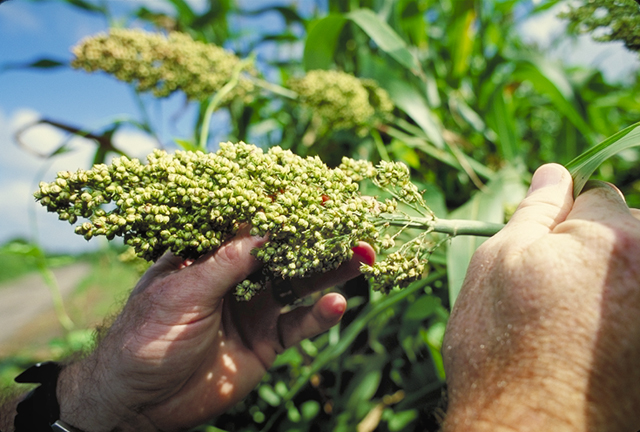 SAN FRANCISCO, CALIFORNIA—Early human ancestors explored new environments and foods, according to an analysis of the chemical makeup of fossilized tooth enamel from 11 species of hominins and other East African primates. Early human ancestors had been eating leaves and fruits from trees, shrubs, and herbs—similar to the diet eaten by gorillas and chimpanzees today. But some 3.5 million years ago, Australopithecus afarensis and Kenyanthropus platyops also ate grasses such as maize, sorghum, sugar cane, sedges, and possibly other animals that ate those plants, the foods found on the open savannahs. “Because feeding is the most important factor determining an organism’s physiology, behavior, and its interaction with the environment, these finds will give us new insight into the evolutionary mechanisms that shaped our evolution,” said Zeresenay Alemseged of the California Academy of Sciences.
SAN FRANCISCO, CALIFORNIA—Early human ancestors explored new environments and foods, according to an analysis of the chemical makeup of fossilized tooth enamel from 11 species of hominins and other East African primates. Early human ancestors had been eating leaves and fruits from trees, shrubs, and herbs—similar to the diet eaten by gorillas and chimpanzees today. But some 3.5 million years ago, Australopithecus afarensis and Kenyanthropus platyops also ate grasses such as maize, sorghum, sugar cane, sedges, and possibly other animals that ate those plants, the foods found on the open savannahs. “Because feeding is the most important factor determining an organism’s physiology, behavior, and its interaction with the environment, these finds will give us new insight into the evolutionary mechanisms that shaped our evolution,” said Zeresenay Alemseged of the California Academy of Sciences.